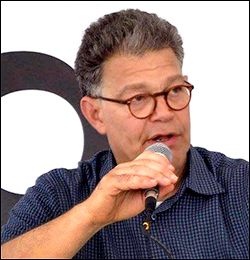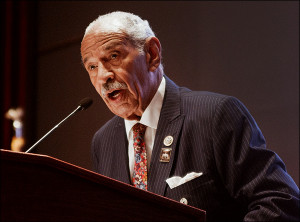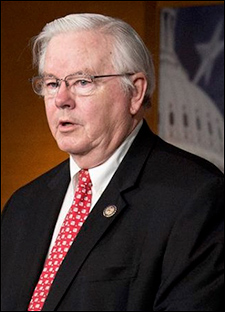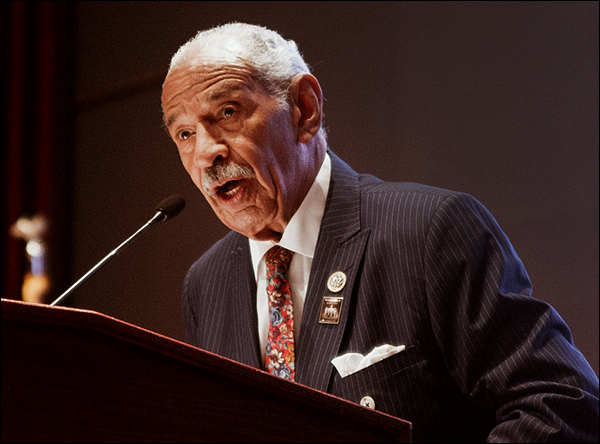Dec. 11, 2017 — Continuing the spate of recent congressional resignations for sexual impropriety, Sen. Al Franken (D-MN), as news reports predicted, announced late last week that he will resign his seat in several weeks.
The action means Gov. Mark Dayton (D) will now appoint a successor. Speculation suggests that he will name Lt. Gov. Tina Smith (D), his former chief of staff, to the federal position and it is believed that she will serve as a caretaker. If all of this proves true, we will have another open Senate race in 2018. In any event, voters will choose the individual to serve the remainder of Franken’s term in the upcoming regular vote. This particular Class II seat will again come before voters for a full six-year term in 2020.
Some in the news media believed that Gov. Dayton would have made his appointment announcement by the end of last week, but the Minnesota chief executive did not do so, saying he would make a decision in the next few days. This could be because Franken did not resign immediately, or he has not fully committed to naming Lt. Gov. Smith.







